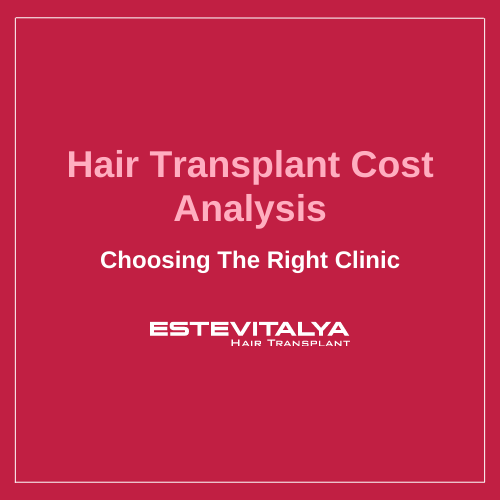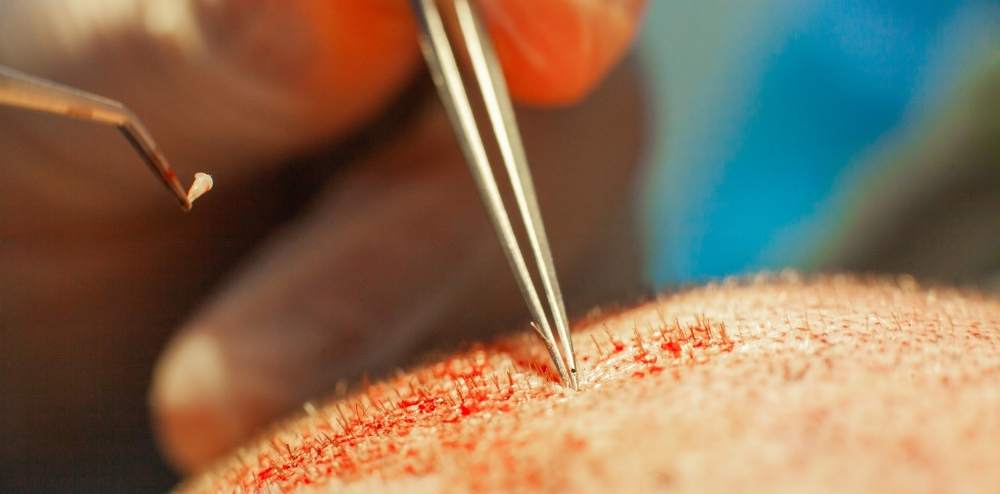The success of hair transplantation requires surgery together with appropriate postoperative care including an ideal diet. The healing process together with growth development and long-term effects require appropriate dietary choices. Diet plays a vital role at Estevitalya Hair Transplant because it determines the best post-transplant outcome.
Nutrition assumes critical importance for post-transplant hair patients
Transplanted follicles demand enough nourishment for effective healing after the surgery to develop into strong healthy tissues. Hair follicles receive better blood circulation together with robust cell replacement from a diet containing essential nutrients which reduces both bald patches and weak new hair growth.
Vitamins and Nutrients Necessary for Hair Growth
The accomplishment of successful hair transplant results heavily depends on including these vital nutrients in your daily diet:
Protein: Building Block of Hair
Keratin constitutes the main material found in hair as a protein structural component. Proper protein consumption both protects implanted follicles and supports good follicle regrowth.
The best food sources providing iron to your body include eggs, fish and milk and lean proteins as well as nuts and legumes.
The substance iron enhances the circulation of blood throughout the body.
Hair loss together with delayed healing is one of the effects of iron deficiency. The development of oxygen-rich blood circulation through iron allows hair follicles to receive their maximum necessary nutrients.
Optimal sources for hair growth include red meat as well as spinach and lentils and quinoa with fortified cereals.
Biotin & B Vitamins
The B7 vitamin known as Biotin exists alongside different B vitamins that help produce keratin to protect hair from breaking while strengthening follicles.
Best foods: Eggs, almonds, sweet potatoes, avocados, and whole grains.
Omega-3 Fatty Acids: Inflammation Reducer
Regular application of Omega-3 supplements achieves three goals: it nourishes the scalp tissue while controlling inflammation and ultimately results in denser hair growth.
Best foods: Salmon, walnuts, flaxseeds, and chia seeds.
Vitamin C: Increases Collagen Production
Vitamin C assists collagen formation while it enhances hair structure and enables better iron uptake by the body.
Best sources: Oranges, strawberries, bell peppers, and kiwi.
Zinc: Supports Tissue Repair
Zinc facilitates tissue repair systems along with being essential for hair follicle proper functioning to enable quick post-transplant recovery.
Oysters are linked with pumpkin seeds as well as beef and chickpeas to create a list of the best sources.
Hydration & Lifestyle Tips
Maintain sufficient water consumption because hydration of the scalp will quicken the healing stages.
Excessive consumption of caffeine and alcohol should be limited because these substances lead to dehydration and delay the healing process.
Eating processed or sweet foods will lead to inflammation that can cause harm to hair growth.
Conclusion
Your hair transplantation results along with recovery time will improve greatly by following either a nutrient-rich or balanced diet during post-operative care. Estevitalya Hair Transplant provides step-by-step assistance to patients for obtaining natural-looking healthy hair restoration results. Contact us today to receive customized treatment advice along with professional guidance.







